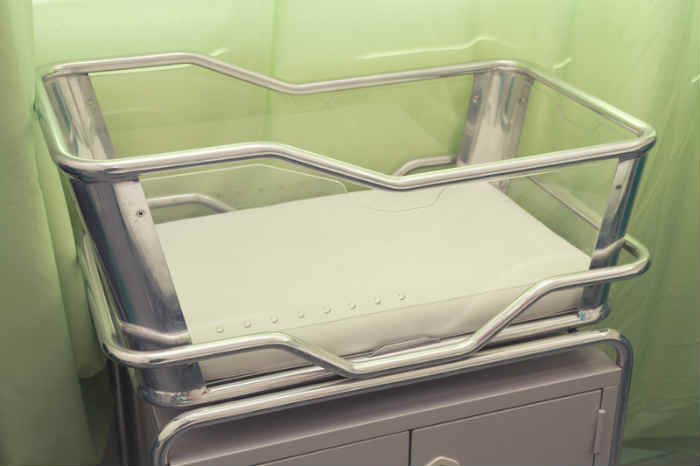











For those who have experienced stillbirth, the grief can be overwhelming and debilitating. Grief from stillbirth is unique; after approximately 9 months of mental and physical preparation for an added life in your world, the stark reality of that life not coming home with you can be too painful to bear. Whether the death was completely unexpected, or the pregnancy was known to be higher risk, the grief is the same. Here are some starting points to consider during this emotional journey.

Giving yourself permission to navigate the grief, no matter how physically and emotionally painful it is, can be the greatest gift you give to yourself. You do not have to be “okay” or “strong”. There is no right or wrong way to grieve. While it may take some time to bring yourself to a place of permission, once you do, healing can start.
A simpler step forward may be putting the focus on meeting your basic needs. This looks like eating regularly, drinking water/fluids, getting enough rest, and taking care of your body. If you are the person who carried the baby, your body is likely still preparing to care for a newborn (producing breast milk, healing from delivery, hormone changes, etc.). These physical and biological reminders can be incredibly challenging to experience while grieving. Giving yourself basic tasks such as food and water can still feel difficult to do (or even pointless), but if we can make sure our bodies are taken care of as best as we can, we will be better able to focus on ourselves and the healing process.
There are many things that are okay to do, although they may not be supported by others. It is okay to take time off from work, school, or whatever your day to day is – if you have that ability. It is okay to take a break from social media. You are not required to post or share anything about your grief unless you want to. It is okay to set some brief or temporary boundaries with friends/family who may have young children or who may feel emotionally draining. There is nothing wrong with needing some time away from things that may trigger further grief. However, the longer the avoidance is, the more emotions may build up.
If you are fortunate enough to have a support system, this is a great time to utilize them as much as you can. Identify ways that you would like your support system to help you. That could look like them helping with errands, setting aside time to spend with you, financial support, etc. If you have a partner who also is grieving, set aside time to discuss your feelings and needs, as well as theirs. Also, it is okay to set aside time to take care of yourselves.
Even if you have a great support system, it still may be helpful to find professional support. Whether that be support groups, individual therapy, or couples’ therapy, having a professional who specializes in grief can be a helpful support during this time. Having a time and space dedicated to processing your feelings and experience can help create some structure for you as well. With your partner or with a therapist, you may also find it helpful to eventually discuss how the stillbirth impacts your feelings around having another child. Or, how to continue growing in your relationship after stillbirth. These may be painful topics, but conversations that may be crucial to have in time.
Grief is something that exists on a continuum; it does not simply go away one day. You can work to adapt to the changes, however much you need to. Grieving a child is some of the most difficult grief you can experience. Therefore, getting support and taking care of yourself is necessary to help you navigate the grief and work towards a new way of living.